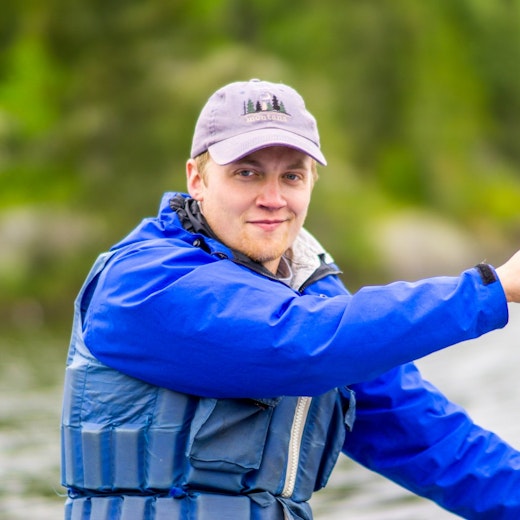
This guide is only for children under 17 and under who are traveling remotely into Canada with a Camp Voyageur trip leader.
What is a RABC permit?
The Remote Area Border Crossing (RABC) Permit allows the bearer to cross the border into Canada in remote areas without reporting to a port of entry. All campers and counselors going on an overnight trip into Canada need one. To apply for the RABC Permit you must complete and submit the application, with your child as the primary applicant, along with a Letter of Authorization which gives your child permission to enter into Canada with Camp Voyageur.
Below, we break down these steps for you.
Step 1
Make sure you’ve signed up for a Quetico trip into Canada through our Trip Director. This includes paying the additional fee if it’s required.
Step 2
Complete the RABC Permit application.
Note: The CAN $30 processing fee is waived for children 17 and under. In other words, the RABC Permit is free for children 17 and under.
Step 3
Fill out the Letter of Authorization. This gives permission for your child to go into Canada with Camp Voyageur. The letter will need to be included with the RABC Permit application.
Step 4
Submit your child’s RABC Permit application, with the Letter of Authorization, to . It may take several weeks to receive the permit.
Step 5
Have your child bring their RABC Permit and Letter of Authorization to Camp (or send copies to the ). Your child will need both documents on hand to get into Canada with Camp.
For more information, visit the Canada Border Services Agency website.
Last Updated: 06/29/2024
RABC Permit FAQ
The primary applicant is the person going into Canada - so it should be your son or daughter if they are going on a Quetico trip with Camp Voyageur.
Only campers 18 and older must include the processing fee. Children 17 and under are free.
Yes. The camper going on the trip can now be named the primary applicant.
Principal applicants under 18 don’t need a passport.
You can just put the date your child arrives to camp.
Their RABC Permit and a Letter of Authorization are required.
Permits are considerably more expensive in Canada versus the BWCAW, especially for nonresidents.



